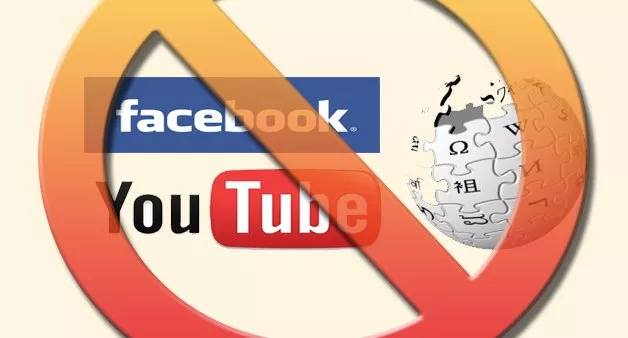
As of Friday, the list contains addresses of 242 proxy servers used to bypass banned websites, as well as at least two Twitter accounts, several news stories (including those published by Fox News and Washington Post) and multiple blogs (hosted by Blogger and Wordpress), nine Wikipedia pages and 15 Google Image results. Additionally, some Flickr accounts are also included in the list.
The vast majority of websites are all related to the "Draw Muhammad Day" controversy and news reports or opinion pieces on the issue. The blocked Twitter accounts are those containing the name of the Prophet Muhammad (PBUH).
When asked whether Twitter, Google and Gmail had been blocked, given that a number of internet users had reported seeing Access Denied messages when trying to use these websites, Mehran clarified that:
“The two websites that have been blocked are Facebook and YouTube, and only specific objectionable content has been blocked from other websites. These websites are working and have not been blocked. These users should lodge complaints with their ISP.”
However, according to Aleem Bawany, GM, Online Strategy & Development, Express Media Group:
"All websites on the Internet are identified by a web-address such as www.facebook.com. The URL merely serves to provide a user-friendly way or identifying a website. Machines then translate these friendly web-addresses into IP numbers. The Pakistan Internet Exchange (PIE) setup with the primary purpose of blocking websites uses an IP-based filtering approach to block websites.
This basically means that it can only block entire web domains such as facebook.com and it does not yet have the capability to block just individual links such as www.facebook.com/blashphemy/.
The ramifications of this are that users are denied access to the entire website because of just a single offending page on that website as is the case with Facebook."
The devil is in the details:
All traffic in Pakistan goes through a single gatekeeper: Pakistan Internet Exchange or PIE for short. PIE has the ability to only block any given site within a matter of minutes but it also has the ability to eavesdrop on any Internet user in Pakistan.
Freedom of Speech evangelists will tell you that the Internet cannot be censored. Once news breaks on the Internet it can never be taken off. This is because of the decentralized nature of the Internet. Hundreds of websites will run the same news story, images or videos. Trying to plug each one is an exercise in futility.
But each time there is any form of centralized command-and-control, freedom of speech and the Internet's model in general are compromised. PIE is a centralized authority setup with the primary purpose of Internet censorship.
The reason PIE can censor Facebook as easily as it did is owed to two facts:
1. large sites are centralized even though the Internet at large is decentralized. There is only one Facebook and blocking that single Facebook is a matter of adding one website to the blacklist.
2. PIE monitors each and every single website request originating out of Pakistan because the current infrastructure in Pakistan is setup to route all traffic through PIE's computers.
The latter is much scarier than it sounds:
PIE has the ability to monitor any single person at any given time and see what they are searching, emailing, browsing and downloading. This can be done over a matter of days, months or even years. PIE can do this for an entire household, an entire corporation or even a town. And they can do this very easily because it's all software driven.
But the full picture is scarier still:
In the past the Pakistani government has not made any secret of the fact that it tried to outsource the task of PIE to Malyasian IT companies. PIE itself is a single point of failure and if it goes down, all Internet traffic out of Pakistan would be stalled. And there have been incidences in the past where PIE has even been the victim of hacker attacks from India and still continues to be a target for spying adversaries.
It is only a matter of time before PIE is compromised and everyone in the country along with it. And for all it's worth, it may still be silently compromised.


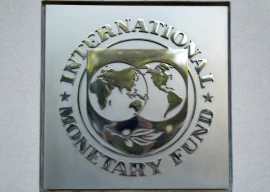


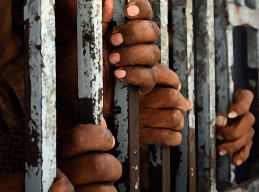
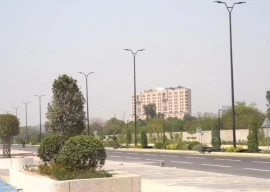

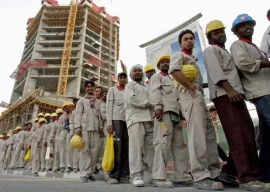
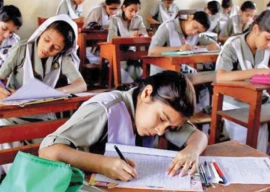








COMMENTS
Comments are moderated and generally will be posted if they are on-topic and not abusive.
For more information, please see our Comments FAQ